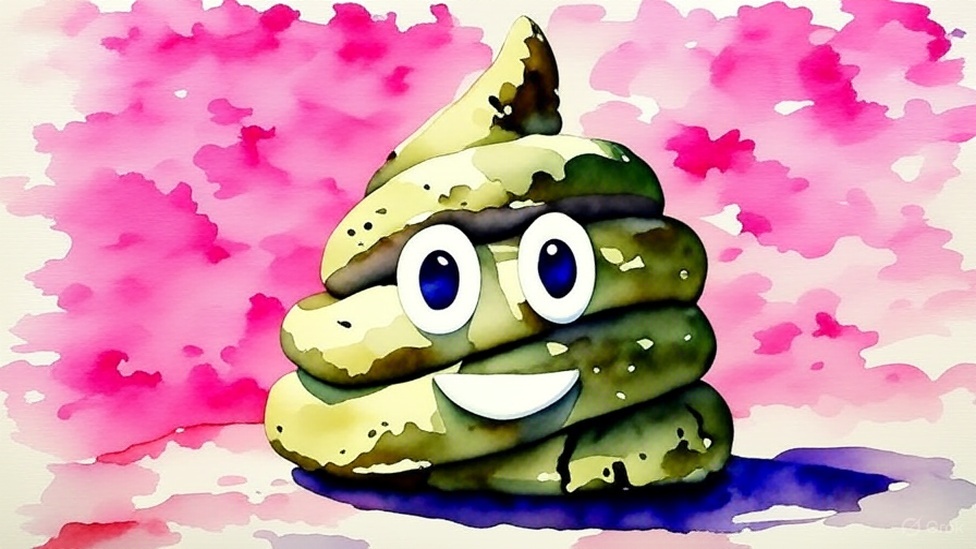He enjoyed his life in the boarding school a lot, even though there was some distinct classism. Scholarship students got a free meal in the commons, while richer students paid to eat more fancier food in a private dining room. However, one particular rich kid always ate in the commons, and the two of them struck up a friendship.
Over the next few months, the scholarship student asked why the rich kid ate poor people food several times, but he always deflected. Finally, one day the rich kid relented and brought the scholarship student to the private dining room with him.
He was very excited and astonished to see how fancy everything was. The silverware was real silver, the tablecloths were satin, and they had waiters. However, when the omelettes were delivered to the table and he took a bite, he almost spit it out, so disgusting he found it.
"Why is the omelette so bad?" He asked his friend.
"Because," the rich kid replied. "We use egg substitute here. The real yolk is always in the commons."
Joke Poo: The Tech Startup Intern
There once was a bright-eyed intern who landed a coveted position at a cutting-edge tech startup. He loved the company culture, even though there were clear tiers. Full-time employees got access to the free, unlimited artisanal coffee in the main kitchen, while interns had to pay for the regular, slightly-burnt coffee from the break room down the hall. However, one particular senior engineer always drank from the break room coffee pot, and the two of them struck up a friendship.
Over the next few weeks, the intern repeatedly asked why the senior engineer, with his hefty salary and access to the “good stuff,” drank the cheap coffee. He always changed the subject. Finally, one day the engineer relented and brought the intern to the main kitchen with him.
He was immediately impressed. The espresso machine gleamed, the oat milk was flowing, and there were even baristas. He ordered a latte, took a sip, and immediately recoiled. It was the worst coffee he’d ever tasted.
“Why is the fancy coffee so bad?” he asked his friend.
“Because,” the engineer replied, “we use decaf here. The real caffeine is always in the break room.”
Okay, let’s break down this yolk-ular joke!
Joke Dissection:
- Setup: A poor scholarship student befriends a rich student at a boarding school. The contrast in their access to food highlights class differences.
- Mystery: The rich kid consistently eats the “poor people food” (commons meal) despite having access to fancier dining.
- Twist/Punchline: The fancy dining room food, specifically the omelette, is revealed to be inferior because it uses egg substitute. The “real yolk” (quality/essence) is in the commons, which is a clever double entendre relating to both the yolk of the egg and the “yoke” of their shared experience.
- Underlying Theme: Class disparity and the ironic reversal of expectations (rich people having worse food) are central. There’s also a bit of “the grass is always greener” satire.
Key Elements for Enrichment:
- Boarding Schools: Elite boarding schools are known for tradition, exclusivity, and often, eccentricities.
- Egg Substitute: Introduced in the 1970s as a cholesterol-lowering alternative to whole eggs. Often used in industrial food production due to cost and shelf stability.
- Classism: The clear division in dining options highlights the subtle but powerful impact of class in educational settings.
- Double Entendre: The “real yolk” line is the most important.
Comedic Enrichment:
Let’s craft a “Did You Know” observation based on the joke’s themes:
“Did you know that in some exclusive Swiss boarding schools, they actually serve inverted eggs? The whites are served separately, infused with saffron, while the yolks, considered the ‘proletariat of the breakfast plate,’ are blended into a nutritious but questionably flavored gruel, served in the servant’s quarters. Apparently, the theory is that separating the components allows the students to truly appreciate the idea of an egg, rather than the messy, unrefined reality. Of course, the headmaster gets a perfectly fried, organic duck egg every morning. Tradition, you know.”
Explanation of Enrichment:
- Exaggeration: I’ve taken the concept of classism and applied it directly to the components of an egg.
- Absurdity: The idea of inverting an egg and the reasoning behind it is ludicrous, yet has a veneer of pseudo-intellectual justification that’s reminiscent of some real-world boarding school customs.
- Specific Detail: Mentioning saffron and organic duck eggs adds a layer of believable (but still humorous) specificity.
- Call Back: The comment “Tradition, you know,” winks at the often-unquestioned customs of boarding schools.
Essentially, I’ve amplified the joke’s themes through an absurd “did you know” factoid that feels like it could almost be true, making it funnier.


